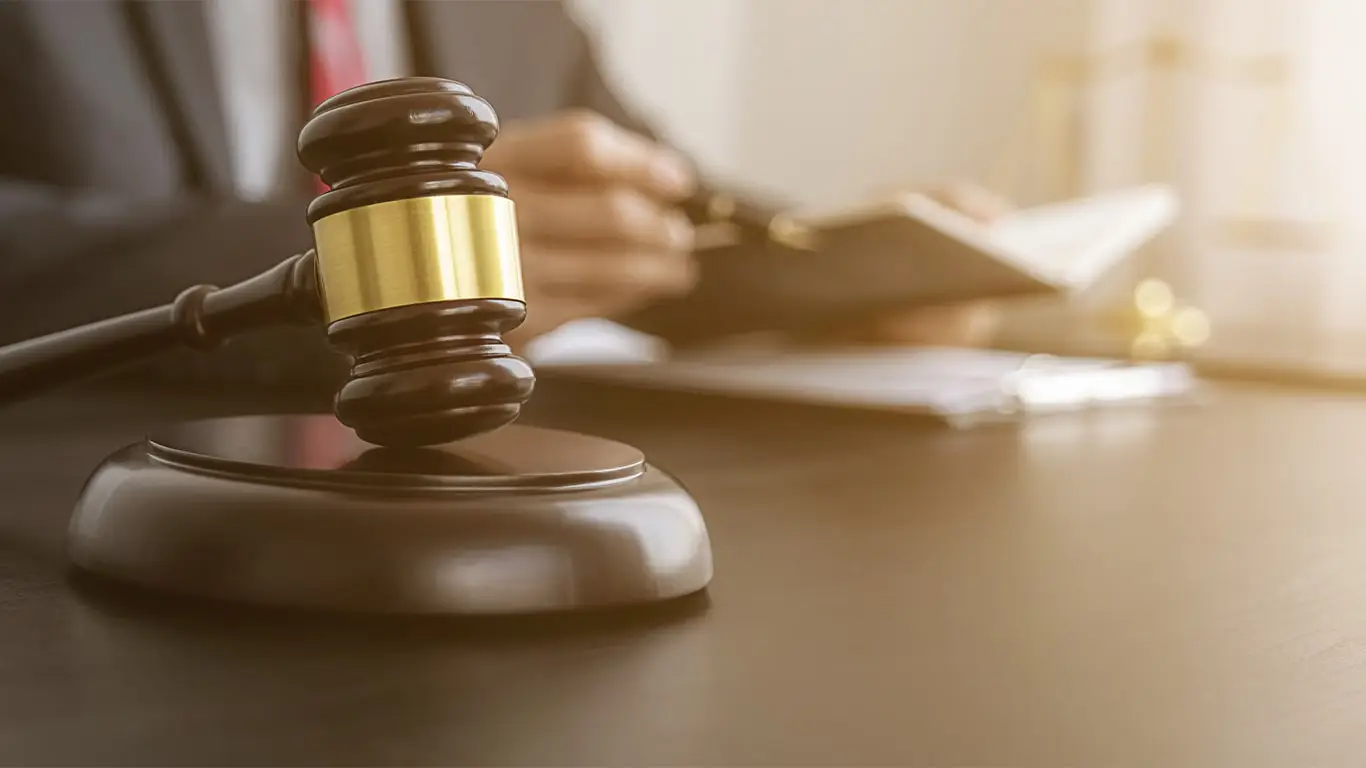Getting Help After Bail: Mental Health, Addiction & Second Chances
For many individuals, getting arrested is more than a brush with the law. It is often a breaking point. Beneath the charges and behind the mugshot, there is usually something deeper going on. Addiction. Depression. Anxiety. Trauma. These aren’t just buzzwords or clinical labels. They’re the realities many people quietly carry until everything comes crashing down.
As bail bond agents, we see more than the surface-level legal process. We meet people in some of the most vulnerable, confusing, and emotional moments of their lives. For those who are struggling with mental health or addiction, jail is not the answer. Freedom, paired with the right kind of support, can be the turning point.
That is why this guide exists. If you or someone you love was recently released on bail in Southern California and you are looking for real help, we want to share what we’ve learned and where to turn. Healing takes courage, and knowing where to start is often the first step.
The Overlap Between Legal Trouble and Mental Health
There is a reason so many people in the justice system have untreated mental illness or substance use disorders. Addiction and mental health struggles are often directly connected to the actions that lead to arrest. Shoplifting, assault, DUI, even failure to appear are not always simply bad choices. Sometimes, they are symptoms of something much deeper.
Posting bail does not erase those struggles. It just opens the door. Whether you are on your own or helping a family member get back on track after release, the next steps matter. Getting out of jail is about more than court dates. It is about getting the right kind of support, especially when the real problem is not just legal.
Where to Turn for Help after Bail
Here are several trusted resources in Southern California for mental health and addiction recovery. These organizations offer more than services. They offer second chances.
Los Angeles County Department of Mental Health
If you are in LA County, the Department of Mental Health is one of the largest systems in the United States for publicly funded mental health services. They provide support for individuals recently released from jail, including case management, therapy, medication help, and housing assistance.
Helpline: 800-854-7771
Substance Abuse Service Helpline (SASH) – LA County
For addiction recovery, LA County also operates SASH, a 24/7 hotline that connects people to local treatment programs, from detox to outpatient services. They specialize in helping uninsured or low-income individuals access care.
Call: 844-804-7500
Orange County Health Care Agency – Behavioral Health Services
In Orange County, this agency provides community-based programs for mental health and addiction. They offer walk-in crisis clinics, transitional housing, and recovery services. They also work closely with probation and reentry programs.
Call: 855-625-4657
San Diego County Behavioral Health Services
San Diego residents can find support through a comprehensive network that includes crisis stabilization units, community detox centers, outpatient mental health care, and mobile response teams.
Access Line: 888-724-7240
211 California – Local Help by County
For those unsure where to start, calling 2-1-1 connects you with trained professionals who can refer you to services based on your ZIP code. You can also visit 211ca.org.
Why This Matters after Bail
Getting out on bail brings temporary freedom, but it also comes with pressure. Court dates, check-ins, conditions of release can be overwhelming. For someone facing addiction or mental illness, it is even more complicated. Bail gives people time, but without the right kind of support, that time can slip away or lead to more trouble.
As bail bond professionals, we do not pretend to be therapists or recovery experts. Our job is to help you navigate the legal process and get your loved one out of jail. Still, we have seen what happens when people do not get help after release. Families call us again, sometimes within weeks. The cycle repeats.
The good news is there are options. You do not have to do this alone.
What Loved Ones Can Do
- Start the conversation: Let them know you are concerned and willing to help them find support.
- Keep them accountable: Court is not the only responsibility. They may need help following through with appointments, group sessions, or job programs.
- Know your role as a co-signer: If you signed the bail bond, you have both a legal and personal investment in seeing them succeed.
- Use time wisely: The period between posting bail and the next court date is a chance to build momentum toward recovery.
Many courts also look favorably on individuals who voluntarily enter treatment before their next hearing. In some cases, this can affect sentencing outcomes or offer alternatives to incarceration.
Moving Forward with Hope
Bail does not fix the past. It does not erase what happened or guarantee what comes next. What it does offer is breathing room, a moment to regroup, reconnect, and rebuild. For people living with addiction or mental illness, that window of time can be life-changing if used wisely.
Getting help after bail is not always easy. There may be resistance, shame, or fear. Still, we have seen what is possible when people find the right support at the right time. We have watched clients turn their stories around, not just in the courtroom but in their lives.
No one should have to face the intersection of mental health, addiction, and the criminal justice system alone. Southern California has resources. You have options. There is help available, and it is okay to ask for it.







